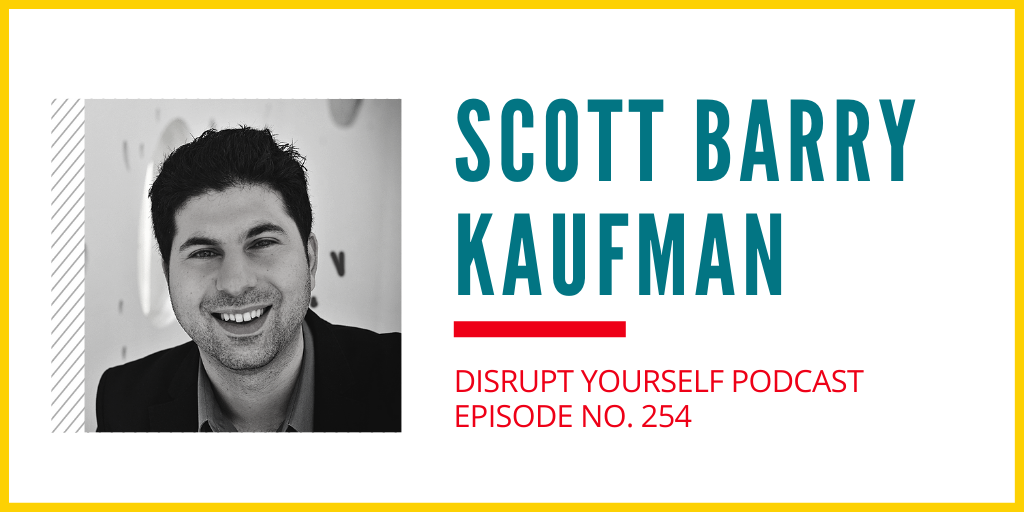Mental well-being.
What a huge issue it is these days. We are thinking about it, talking about it, suffering angst about it.
How can we improve it in ourselves? In our families? Among our co-workers?
And how do we communicate that it’s safe to talk about this often stigma-laden topic?
The answer is both simple and difficult.
In situations where we have relatively more power, we start by talking about our own experiences.
We’re willing to say, “This is the experience that I am having or that I’ve had in the past, and I recognize that I need to work on myself first.” We help others feel safe by being open and vulnerable ourselves.
It’s not always easy to talk about the experiences we are having. But if we don’t do it, how can anyone else feel safe in doing so?
I have been struck by a survey conducted by Egon Zehnder. They spoke to 1,000 CEOs. Eighty percent of them strongly agreed (100% agreed) that they needed to transform the organization and themselves. That seems to be among the myriad things that aren’t rocket science. Right?
But, amazingly, prior to the pandemic, the number was only 26%. A lot of insight has resulted from the introspection of the pandemic, including almost universal CEO recognition that growing oneself is a precondition of growing your people and your organization.
Creating a safe space for people to share the challenging experiences they have with mental well-being starts with people in positions of relative power. It’s the kind of transformative leadership the workplace and the world need.
Members of my team and colleagues that I work with in other contexts know that anxiety is a challenge for me. It’s a stream of mental unwellness that runs through my family and contributed to my younger brother taking his own life. In her beautiful new book, Atlas of the Heart, Brené Brown has an apt definition of anxiety: escalating loss of control, worst-case scenario thinking and imagery, and total uncertainty.
Anxiety is especially acute in the world right now; it’s been heightened by the general level of uncertainty. It’s an ongoing process to deal with it. My process is to get adequate sleep and aid emotional regulation through exercise. And to talk about the difficulty so that others feel safe to talk about it too.
For some additional tips for dealing with anxiety, you may want to check out our podcast episode with Emma McAdam here or listen to her YouTube video.
This week’s podcast guest is Scott Barry Kaufman, who hosts the popular Psychology Podcast which has received more than 20 million downloads. He also auditioned for American Idol. I loved reading his latest book Transcend and talking to him because he’s trying to figure out what’s really going on inside our minds––he’s focused on human potential.
But scaling the curve of our potential starts with making it safe to talk about how we are really doing.
Making the world safe to foster emotional wellness starts with me. It starts with you.
So that’s my question for you this week:
In situations where you feel safe—maybe as a parent, or as the boss—how can you talk just a little more about your emotional wellness process in a way that makes it safe for others to talk about theirs?
My best,
Whitney
P.S. Our website has a video from 13-year-old Joanna at Thumbs Up Concept. Are you wondering how a 13-year-old interprets the S Curve of Learning framework? It’s a lot of fun. You can watch it here. If you like it, give the video—give her—the Thumbs Up and your encouragement.


